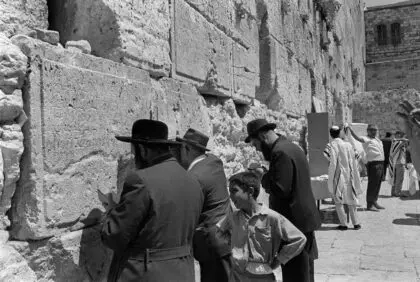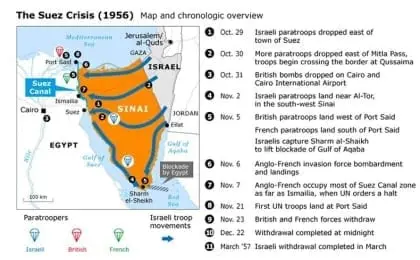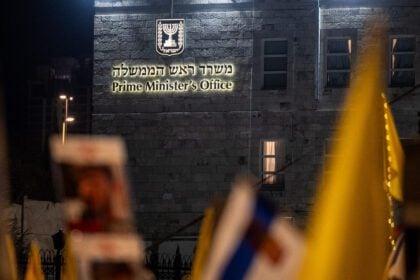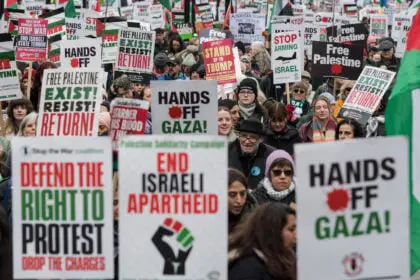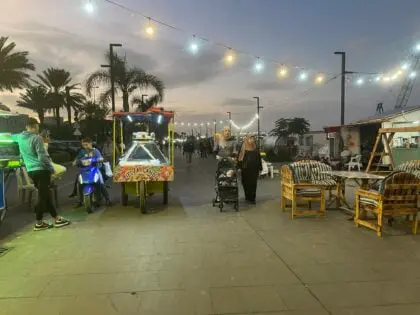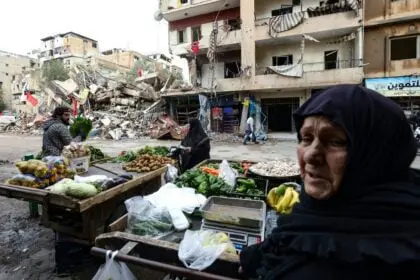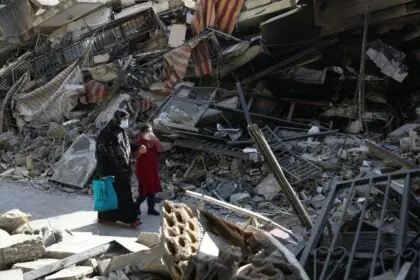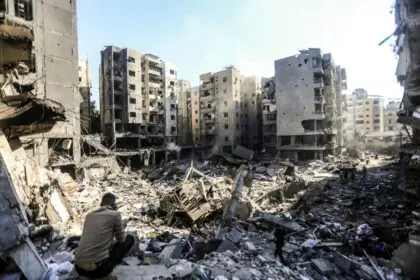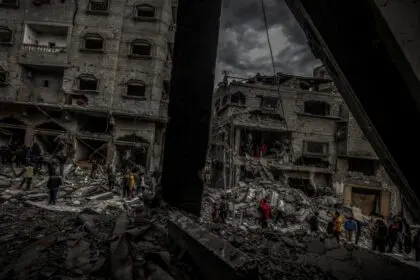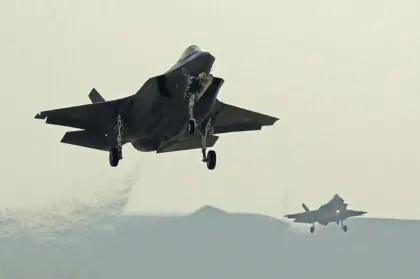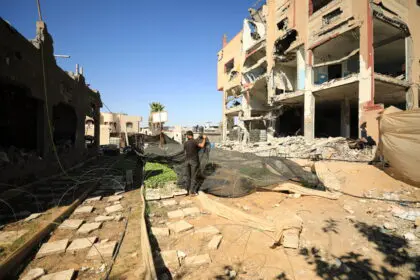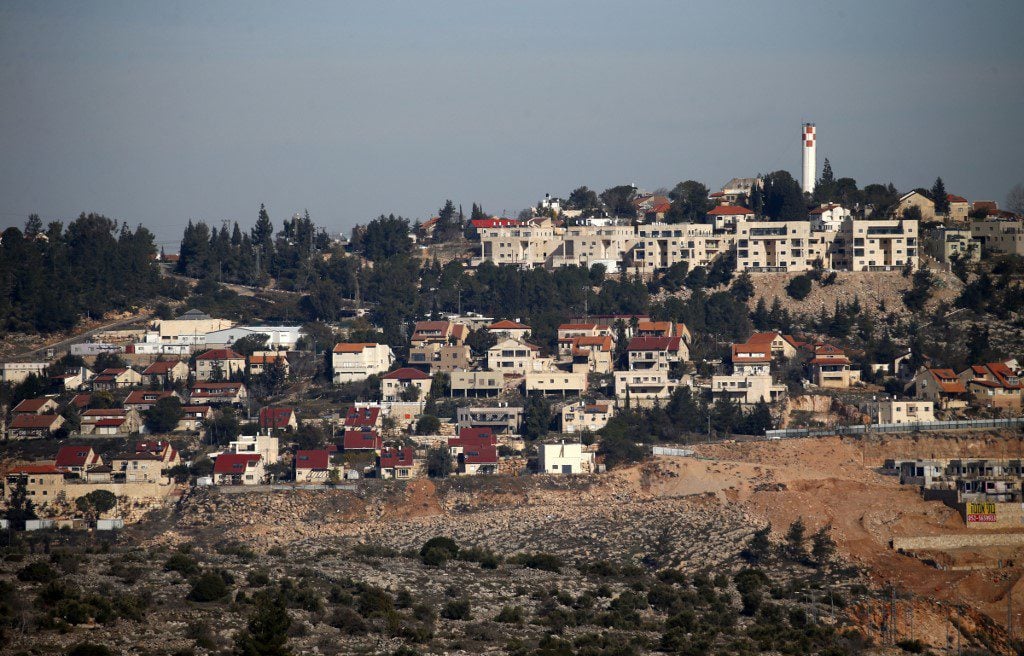
Introduction
Israel (officially the State of Israel) is located at the eastern end of the Mediterranean Sea. It is bounded to the north by Lebanon and to the northeast by Syria. This country is bordered to the east and southeast by Jordan and the West Bank, while it is bounded to the southwest by Egypt and Gaza Strip. Israel is bordered to the west by the Mediterranean sea.
The total area of Israel is 21,937 square km. The population is concentrated in and around Tel Aviv, as well as around the Sea of Galilee. The south is still sparsely populated, with the exception of the Gulf of Aqaba beach.
Jerusalem is the seat of government and the proclaimed capital, although this declaration has not received wide international recognition.
The State of Israel is the only Jewish nation in the modern period, and the region that now falls within its borders has a lengthy and rich history that dates from prebiblical times. The area was a part of the Roman Empire and, later, the Byzantine Empire before falling under the control of the fledgling Islamic caliphate in the 7th century CE.
The region, then generally known as Palestine, remained under the sway of successive Islamic dynasties until the collapse of the Ottoman Empire at the end of World War I, when it was placed under British mandate from the League of Nations.
Even before the mandate, the desire for a Jewish homeland prompted a small number of Jews to immigrate to Palestine. This migration grew dramatically during the second quarter of the 20th century with the increased persecution of Jews worldwide and the subsequent Holocaust perpetrated by Nazi Germany.
This vast influx of Jewish immigrants into the region, however, caused tension with the native Palestinian Arabs, and violence flared between the two groups.
This lead up to the United Nations’ plans to partition historical Palestine into Jewish and Arab states. As a result, Israel ensued the declaration of its statehood on May 14, 1948.
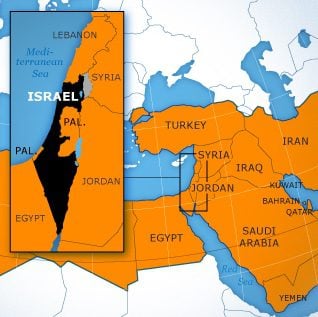
During the next 35 years, Israel fought a series of wars against the neighboring Arab countries, resulting in ongoing disputes over land and the situation of refugees.
Despite the ongoing tensions, Israel signed peace treaties with many neighboring Arab countries during the last quarter of the twentieth century.
According to estimates made in 2021, the population is estimated at 8.79 million. These estimates include the population of the Golan Heights and East Jerusalem annexed by Israel after 1967.
In 2019, about 23,400 Israeli settlers used to live in the Golan Heights, while about 227,100 settlers live in East Jerusalem according to 2019 estimates.
The ethnic groups include the following: Jews “74.4%” (of which Israel-born 76.9%, Europe/America/Oceania-born 15.9%, Africa-born 4.6%, Asia-born 2.6%), Arabs “20.9%” and others “4.7%”.
74.3% of the population are Jews. Muslims’ share is estimated at 17.8%. Other religions are estimated at 1.9% for Christians, 1.6% for Druze, and 4.4% for others.
The local currency is the shekel, which is officially linked to the US dollar. The natural resources include wood, potash, copper ore, natural gas, phosphate rocks, magnesium bromide, clay, and sand.
In terms of military strength, Israel is ranked 18th out of 145 among the countries included in the 2023 Global Firepower Report.
Israel’s 21st-century media landscape is relatively free and pluralistic by regional standards. However, emergency regulations remain in place, granting the Israeli army the power to enact military censorship and impose press injunctions on certain information.
Radio remains a popular news and entertainment medium in Israel and an environment in which there is strong competition among public, commercial, and private radio outlets. Kol Yisrael is one of the most significant radio stations.
The most notable television channels in Israel are Channel 1 and Channel 33 which are state-owned, in addition to some private channels that include Channel 2 and Channel 10.
The prominent faces list in Israel includes Dorit Rabinyan, an Israeli writer with a Persian heart, Benny Gantz, the former head of the IDF General Staff, and the controversial journalist Edy Cohen.
Sports in Israel are an important element of the national culture. Israelis participate in a wide range of sports activities. Football is the most popular sport. Israel won seven medals at the Olympic Games, in judo, canoe-kayak, and surfing.
Israeli athletes have achieved remarkable fame, such as tennis star Shahar Be’er and football player Yossi Benayoun.
Maccabi Tel Aviv basketball club has consistently ranked among the best teams in Europe and won multiple championships. Israel’s national teams, especially in soccer and basketball have also been improving.
The climate in Israel is temperate in general while being hot and dry in southern and eastern desert areas.
Israel is a small country with a relatively diverse topography, consisting of a lengthy coastal plain, highlands in the north and central regions, and the Negev desert in the south. Running the length of the country from north to south along its eastern border is the northern terminus of the Great Rift Valley.
The prominent touristic destinations include Jerusalem with its rich religious attractions, including the Church of the Holy Sepulcher, the Armenian Quarter, the Christian Quarter, the Islamic Quarter, and the Jewish Quarter.
In addition, there is Al Haram Al Sharif and the Western Wall/Al-Buraq Wall. The Baha’i Gardens are located in Haifa, while Nazareth Village Museum is located in Nazareth.
The driving of vehicles is right-sided in a similar way to the rest of the countries in the Middle East and North Africa.
The time range for Israel is (GMT+2) in winter and (GMT+3) in summer. The international dialing code is +972.



